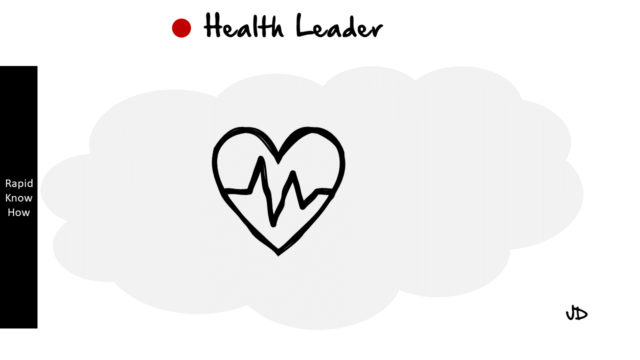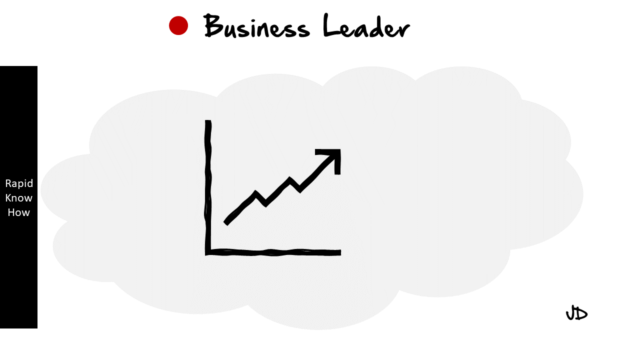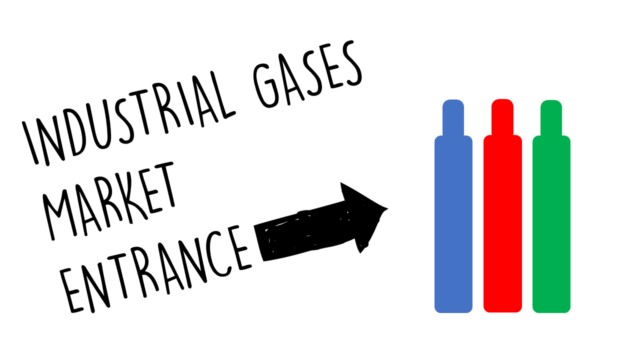In today’s world, energy efficiency and renewable energy sources have become increasingly important. With the growing concern over climate change and the depletion of fossil fuels, it is crucial that we find ways to reduce our energy consumption and transition to cleaner, more sustainable sources of power. This is where smart energy solutions come into play. By utilizing technology and implementing energy-saving practices, we can not only benefit the environment but also save money in the process.
Understanding Energy Efficiency: How to Save Money and the Environment
Energy efficiency refers to using less energy to accomplish the same tasks or achieve the same level of comfort. It involves making conscious choices to reduce energy waste and improve the overall efficiency of our homes or businesses. There are several ways to improve energy efficiency, such as upgrading to energy-efficient appliances, sealing air leaks, and using programmable thermostats.
By improving energy efficiency in your home or business, you can save a significant amount of money on utility bills. For example, replacing old incandescent light bulbs with energy-efficient LED bulbs can reduce your lighting costs by up to 80%. Similarly, upgrading to an energy-efficient HVAC system can result in substantial savings on heating and cooling expenses.
The Benefits of Renewable Energy Sources for Your Home
Renewable energy sources, such as solar, wind, and geothermal power, offer numerous benefits for both homeowners and the environment. Solar power, for instance, harnesses the sun’s energy through photovoltaic panels and converts it into electricity. By installing solar panels on your roof, you can generate your own clean energy and reduce your reliance on fossil fuels.
In addition to reducing your carbon footprint, renewable energy sources can also save you money in the long run. While there is an upfront cost associated with installing solar panels or wind turbines, these systems can pay for themselves over time through lower electricity bills and potential incentives or tax credits. Moreover, as the cost of renewable energy technologies continues to decline, the financial benefits are becoming even more attractive.
The Impact of Energy Consumption on the Environment
Energy consumption has a significant impact on the environment, contributing to climate change and other environmental issues. The burning of fossil fuels, such as coal, oil, and natural gas, releases greenhouse gases into the atmosphere, trapping heat and causing global warming. This leads to rising sea levels, extreme weather events, and the loss of biodiversity.
Furthermore, energy consumption also results in air pollution and water pollution. Power plants that burn fossil fuels emit pollutants such as sulfur dioxide, nitrogen oxides, and particulate matter, which can have detrimental effects on human health and ecosystems. By reducing our energy consumption and transitioning to cleaner sources of power, we can mitigate these environmental impacts.
How to Reduce Your Carbon Footprint and Save Money
Reducing your carbon footprint doesn’t have to be complicated or expensive. There are simple steps you can take in your everyday life to make a big impact on the environment while also saving money on your energy bills.
One of the most effective ways to reduce your carbon footprint is by conserving energy. This can be done by turning off lights when not in use, unplugging electronics when they’re not being used, and using energy-efficient appliances. Additionally, adjusting your thermostat by just a few degrees can result in significant energy savings.
Another way to reduce your carbon footprint is by using alternative modes of transportation. Instead of driving alone in a car, consider carpooling or using public transportation. You can also opt for walking or biking for short distances. Not only will this help reduce greenhouse gas emissions, but it will also save you money on fuel costs.
The Advantages of Solar Energy for Your Home
Solar energy is one of the most popular forms of renewable energy for homeowners. By harnessing the power of the sun, solar panels can generate electricity for your home, reducing your reliance on the grid and lowering your energy bills.
The benefits of solar energy are numerous. First and foremost, solar power is a clean and renewable source of energy. Unlike fossil fuels, which release harmful emissions when burned, solar energy produces no greenhouse gases or air pollutants. This means that by installing solar panels on your roof, you can significantly reduce your carbon footprint and contribute to a cleaner environment.
Moreover, solar energy can save you money in the long run. While there is an initial investment required for installing solar panels, the cost of solar has been steadily declining in recent years. Additionally, many states offer incentives and tax credits for installing solar panels, further reducing the upfront cost. Over time, the savings on your electricity bills can offset the initial investment, resulting in significant financial benefits.
The Benefits of Smart Thermostats and Energy-Efficient Appliances
Smart thermostats and energy-efficient appliances are another important aspect of smart energy solutions. These technologies can help you save money on your energy bills while also reducing your carbon footprint.
Smart thermostats allow you to control the temperature of your home remotely through a smartphone app or a web portal. They can learn your schedule and preferences and adjust the temperature accordingly, ensuring that you’re comfortable when you’re at home and saving energy when you’re away. By optimizing your heating and cooling settings, smart thermostats can help you reduce your energy consumption and lower your utility bills.
Energy-efficient appliances, such as refrigerators, washing machines, and dishwashers, are designed to use less energy while still providing the same level of performance. They achieve this through advanced technologies such as improved insulation, more efficient motors, and better temperature control. By replacing old, inefficient appliances with energy-efficient models, you can save a significant amount of money on your energy bills over time.
The Importance of Insulation and Weatherization for Your Home
Insulation and weatherization are crucial for improving energy efficiency in your home. By properly insulating your walls, attic, and floors, you can prevent heat loss in the winter and heat gain in the summer, reducing the need for heating and cooling.
Weatherization involves sealing air leaks and improving the overall airtightness of your home. This can be done by caulking and weatherstripping windows and doors, sealing gaps around pipes and wires, and adding insulation to ductwork. By reducing air leakage, you can prevent drafts, improve indoor comfort, and save energy.
Insulation and weatherization not only benefit your wallet but also the environment. By reducing your energy consumption, you can lower your carbon footprint and contribute to a more sustainable future. Additionally, proper insulation and weatherization can improve indoor air quality by reducing the infiltration of outdoor pollutants.
Energy-Saving Tips for Businesses and Commercial Buildings
Improving energy efficiency is not only important for homeowners but also for businesses and commercial buildings. In fact, commercial buildings account for a significant portion of energy consumption and greenhouse gas emissions.
There are several ways businesses can improve energy efficiency. One of the most effective strategies is to conduct an energy audit to identify areas of improvement. This involves analyzing energy usage patterns, identifying energy-saving opportunities, and implementing energy-efficient technologies.
Additionally, businesses can encourage their employees to adopt energy-saving practices such as turning off lights when not in use, using natural light whenever possible, and powering down computers at the end of the day. By promoting a culture of energy efficiency, businesses can reduce their energy consumption and save money on utility bills.
The Future of Smart Energy Solutions: Emerging Technologies and Innovations
The field of smart energy solutions is constantly evolving, with new technologies and innovations being developed to improve energy efficiency and promote renewable energy sources. These emerging technologies have the potential to revolutionize the way we consume and generate energy, leading to a more sustainable and environmentally friendly future.
One such technology is energy storage, which allows excess energy generated from renewable sources to be stored for later use. This can help address the intermittent nature of renewable energy and ensure a reliable and consistent power supply. Energy storage technologies, such as batteries and pumped hydro storage, are becoming more efficient and affordable, making them an increasingly viable option for homeowners and businesses.
Another emerging technology is smart grids, which use advanced sensors, communication networks, and analytics to optimize the generation, distribution, and consumption of electricity. Smart grids enable real-time monitoring and control of energy usage, allowing for more efficient energy management and reducing waste. They also facilitate the integration of renewable energy sources into the grid, enabling a higher penetration of clean energy.
Taking Action to Save Money and the Environment with Smart Energy Solutions
In conclusion, smart energy solutions are essential for both the environment and our wallets. By improving energy efficiency, utilizing renewable energy sources, and adopting smart technologies, we can reduce our carbon footprint, save money on utility bills, and contribute to a more sustainable future.
It is important for individuals, businesses, and governments to take action and implement these solutions on a large scale. By making small changes in our everyday lives, such as using energy-efficient appliances or adjusting our thermostat settings, we can make a big impact on the environment. Additionally, governments can play a crucial role by implementing policies that promote energy efficiency and renewable energy adoption.
The future of smart energy solutions looks promising, with emerging technologies and innovations paving the way for a cleaner and more sustainable future. As these technologies become more affordable and accessible, we have the opportunity to transition to a low-carbon economy and mitigate the impacts of climate change.
By taking action now and embracing smart energy solutions, we can protect the environment, save money on our energy bills, and create a better future for generations to come. It is up to each and every one of us to make a difference and be part of the solution.




